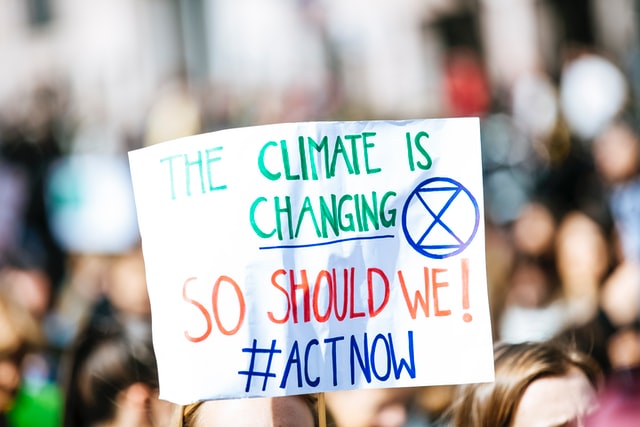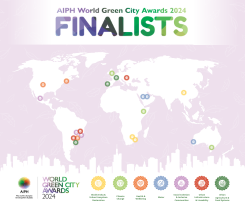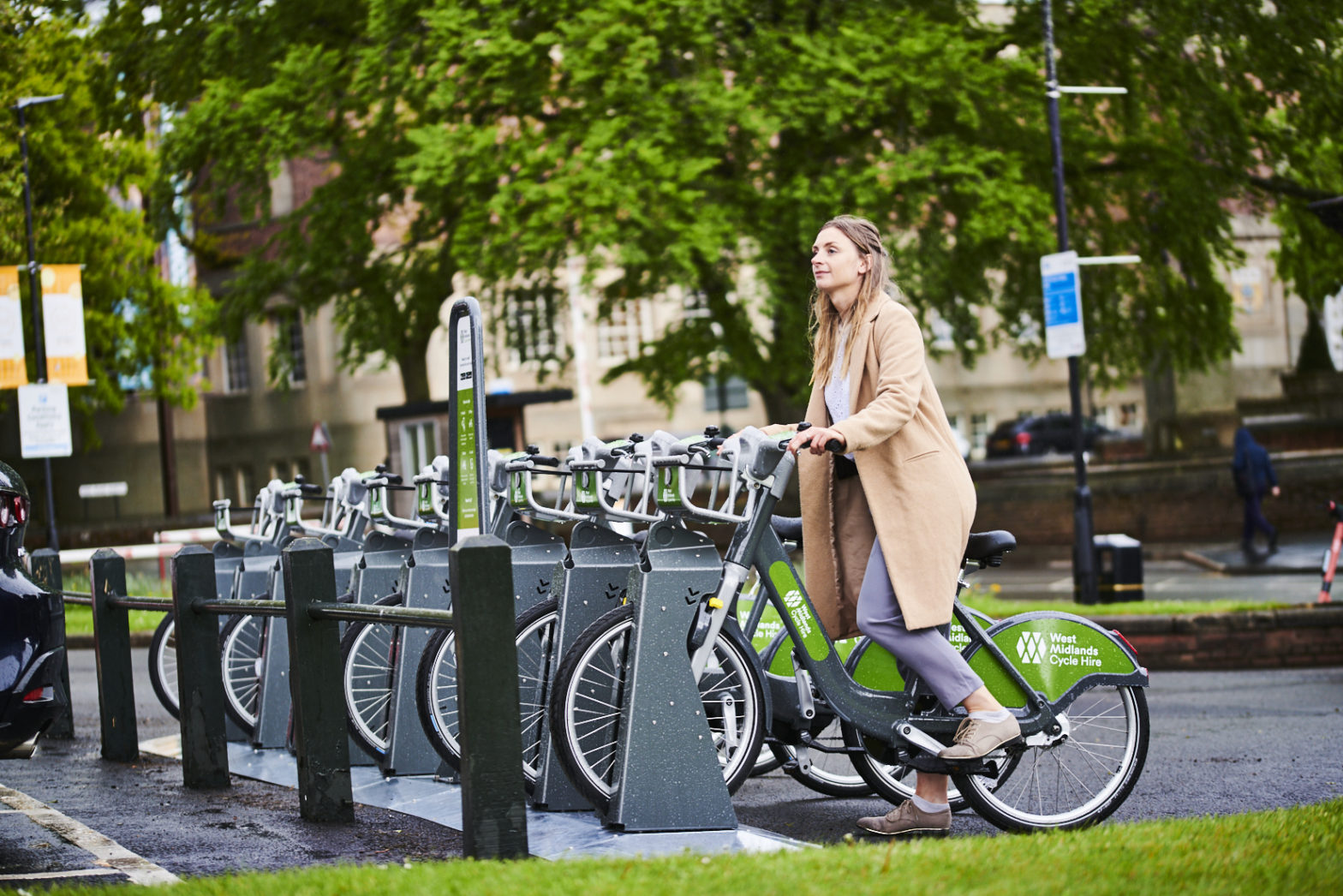
Photo: Markus Spiske on Unsplash
Every UK council to be scored on climate action
04 July 2023
by Sarah Wray
This autumn, not-for-profit organisation Climate Emergency UK will publish a scorecard on the climate action taken by each council in the UK. Over 200 volunteers are carrying out the review process.
Last year, the organisation scored and ranked councils based on their climate plans and says this will be the first comprehensive measurement of councils’ climate action.
Local governments play a critical role in meeting wider climate targets. Figures in the governement’s Net Zero Strategy estimate that 82 percent of all UK emissions are within the scope of influence of local authorities.
The scoring initiative aims to provide councillors, council staff, campaigners and residents with information on what councils have done to reduce carbon emissions and what more they can do by learning from local authorities elsewhere.

Isaac Beevor, co-director of Climate Emergency UK, told Cities Today: “What the scorecards do for the first time is to look across the whole of the council’s main areas and departments to understand whether climate has been embedded across all those departments, rather than focusing just on active travel or procurement, for example, which some campaigns have done.”
The undertaking also aims to help councils push for more climate support from the national government.
It is underway amid calls for the UK to do more on climate change. The Met Office confirmed this week that the UK had its hottest June on record. In addition, a report last week from the Climate Change Committee described the UK government’s efforts to scale up climate action as “worryingly slow”. The Committee said it was “markedly” less confident than a year ago that the UK would reach its targets for cutting carbon emissions.
Citizen researchers
Through a three-stage process, councils are marked on 91 questions across seven areas: buildings and heating; transport; planning and land; governance and finance; biodiversity; collaboration and engagement; and waste reduction and food.
The assessment covers the period from January, 2019 to March, 2023 and uses publicly available information, national data and Freedom of Information Requests. The criteria were developed with input from over 80 organisations and individuals, as well as an advisory board of council staff, councillors and other experts.
Climate Emergency UK’s work is funded through grants and donations. Over 200 volunteers, who received training, have carried out the initial scoring. These citizen researchers come from a mixture of age groups and backgrounds and include students, retirees and campaigners, says Beevor.
Councils get a right of reply before the results are audited and published.
This year, 74 percent of councils responded in some way to the right of reply process, which is double the percentage that responded during the plans scorecard process and shows a “huge engagement”, according to Beevor.
Overall there has been a “mixed response” from councils to being scored on climate action in this way, but it’s a process they can’t opt out of. The only councils that won’t be scored are those that were newly created in 2023.
While many are positive and interested in the findings, there are some councils that “don’t think it’s as good”.
“We’re highlighting where certain councils aren’t taking action. For any form of government, that’s something that they’re often not keen on,” comments Beevor.
Government support
Beevor says the process so far has shown that there’s “a huge variation across what councils are doing” on climate planning and action.
The 2022 scorecards found that 84 out of 409 local authorities had no published plan, while others had plans of varying quality and ambition.
“We’re trying to create a one-stop shop of data, rather than there being lots of individual areas that councils or campaigners could look at,” says Beevor.
“We believe that data in and of itself doesn’t create change; it’s only when it’s paired with continued accountability that you actually start to see action being driven forward and climate action being taken at the local level.”
UK councils often cite funding gaps as a major obstacle to climate action. Others also highlight issues such as lack of policy clarity, infrastructure bottlenecks or delays in the planning system.
“While some councils do need to go further, the government is also often hampering local climate action through lack of funding, powers and guidance,” Beevor says.
Climate Emergency UK hopes the scoring initiative can help councils make the case for more government support by showing where gaps are and demonstrating what is possible.
Beevor comments: “This isn’t a review individually of the council officers or their climate team’s work. This is the response of the whole council and how it’s responding to the climate emergency. What is important is that councils embed climate action across everything that they can do, because that’s when we’re going to start to see real change rather than it being one team or one department’s job.”
A date for the publication of the scorecards later this year will be announced soon.










